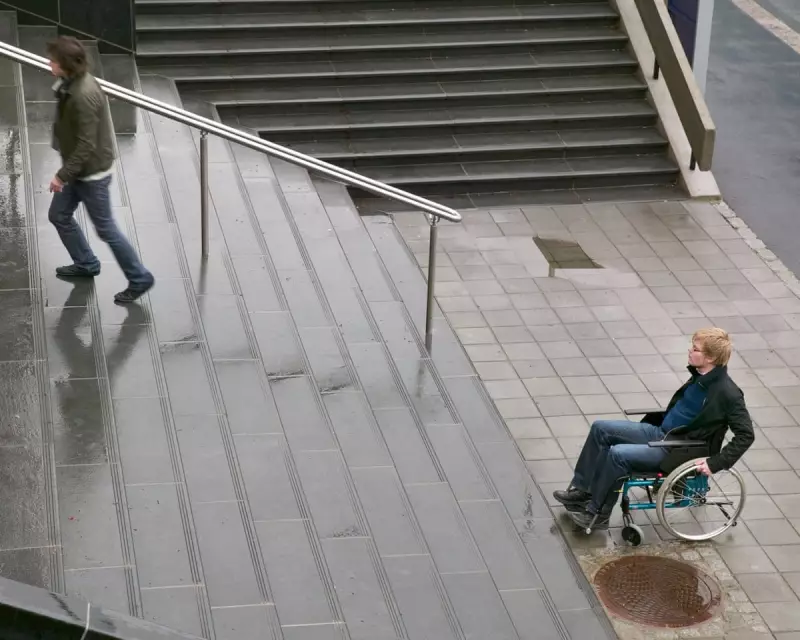
A damning new investigation has exposed the stark reality facing disabled theatregoers across Britain, revealing that many of the nation's most celebrated venues remain fundamentally inaccessible despite decades of equality legislation.
The Accessibility Illusion
While many theatres proudly display their accessibility credentials on websites and brochures, the on-the-ground experience tells a very different story. From non-existent wheelchair spaces to poorly trained staff and inadequate communication support, disabled patrons are facing what campaigners describe as 'systemic exclusion' from cultural life.
Beyond Physical Barriers
The problems extend far beyond ramps and lifts. Many theatres fail to provide:
- Proper audio description services for visually impaired patrons
- Relaxed performances for neurodiverse audiences
- British Sign Language interpretation for deaf theatregoers
- Adequate staff training on disability awareness
- Clear accessibility information when booking tickets
A Tale of Two Experiences
For non-disabled audiences, a night at the theatre represents entertainment and cultural enrichment. For many disabled people, it becomes a logistical nightmare of uncertainty, last-minute cancellations, and compromised experiences.
'We're treated as an afterthought rather than valued customers,' explains one regular theatregoer who uses a wheelchair. 'The message seems to be that culture isn't for people like us.'
The Economic Argument
This isn't just a moral failure - it's a significant commercial oversight. The spending power of disabled people and their households in the UK, often called the 'purple pound', is estimated at £274 billion annually. Theatres ignoring accessibility are effectively turning away a massive potential audience.
Moving Forward
Industry leaders acknowledge there's much work to be done. Some progressive venues are leading the way with comprehensive access programmes, but these remain the exception rather than the rule.
The challenge now is to transform accessibility from a box-ticking exercise into a fundamental principle of theatrical production and venue management.





